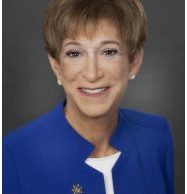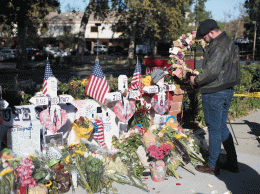More than 40 years ago, an oil spill off the coast of Santa Barbara triggered campus protests and gave birth to a national environmental movement.
This year, the May 23 rampage in Isla Vista by a deranged young man has touched a different raw nerve. It has prompted a worldwide outpouring of support on social media for a new women’s rights initiative.
In response to Elliot Rodger’s anti-feminist rants and his disturbing manifesto-autobiography, the #YesAllWomen hashtag has become a phenomenon in the Twitter universe. Over the Memorial Day weekend, the hashtag was the top-trending topic on the social media website. It became both a cry for women to speak out about sexism and threats of violence against them and a place where politicians and media outlets alike went to join the public debate about women’s rights.
Some of the statistics about women on campus are quite shocking. One widely used data point is that one in four women say they were sexually assaulted at some point in their undergraduate education. Another is that only 12 percent, or fewer than one in eight, assaults are ever reported to authorities.
Earlier this month, the Department of Education called out 55 universities where investigations into sexual assaults on campus remain open. In California those include UC Berkeley and Occidental College. Also on the list are Harvard, Harvard Law School, Dartmouth, Arizona State University the and University of Colorado campuses in Boulder and Denver.
And among the suggestions coming out of media blitz that followed the Isla Vista tragedy is a call for the Princeton Review to include a sexual assault risk measure in its widely read rankings of U.S. universities.
It’s hard to say what will become of the #YesAllWomen outburst. What’s trending on Twitter may well be forgotten tomorrow.
The bottom line is that we can’t fulfill the vision of Facebook CEO Sheryl Sandberg and others of more women in the c-suite if our campuses are not safe for female students.






 Print
Print Email
Email

















